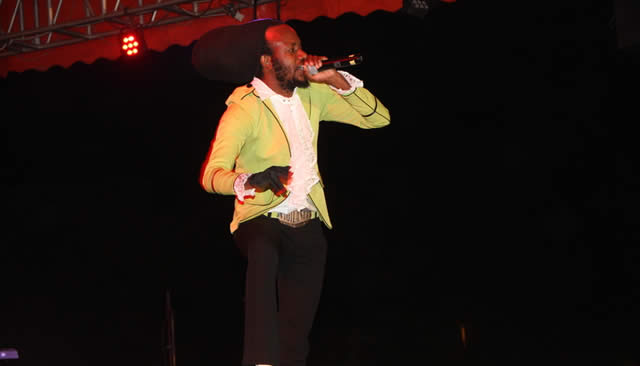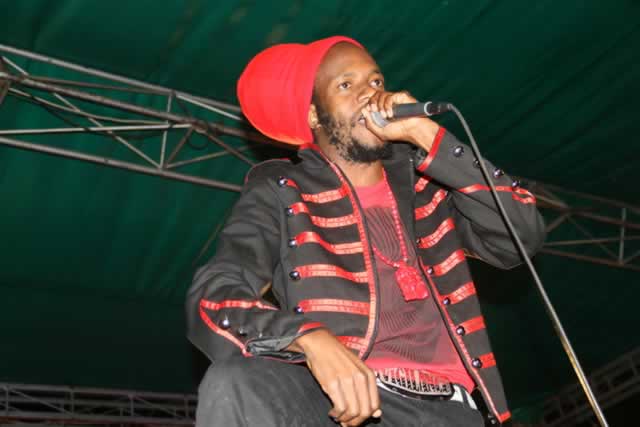Kongi’s Harvest – a timeless political satire
Lovemore Ranga Mataire The Reader
Wole Soyinka is a phenomenal figure in the canon of African literature in English who became the first black writer on the continent to win a Nobel Prize for Literature in 1986. While there is a lot of debate on the validity of his award, which some critics have described a “smoothing” attempt by the Swedish Academy to ingratiate themselves with a selected core of African authors whose mission borders on the perennial caricaturising of the African well being. In this category, J. P. Clark looms large as he tries to triviliase the whole concept of the post-colony.
The Nobel Prize for Literature is not an innocent creature simply born out of a visionary Alfred Nobel who had broad cultural interests with his library being described as being rich in the selection of literature in different languages. As once scholar once remarked, the Nobel Prize is a straight-jacket that African thinkers like Ngugi wa Thiong’o who have concretely contributed a lot in raising the consciousness of majority black people and his consistent anti-neocolonial stance cannot fit.
That said; it is not disputable that Soyinka is a master dramatist whose work transcends time, place and various social settings as is illustrated in Kongi’s Harvest- a political satire on the role and attitude of founding African leaders who have thus far shaped the direction of today’s politics on the continent.
It is not clear whether Soyinka’s vision is centred on a faultless leadership or was simply ridiculing their seeming obduracy and hypocrisy in terms of balancing their Western trained sensibilities and their traditional values. It is so because the play is said to have been inspired by a quotation that Soyinka claims to have been uttered by an African leader to the effect that: “I want him brought back, alive, if possible… but if not … any other way.”
Therefore, the inspiration behind the crafting of Kongi’s Harvest stems from Soyinka’s interest in tacking issues of human rights and political liberties, his apparent concern in the importance of politics and the need for his theatre to gourd from the idioms of African festival performances.
It is thus not a coincidence that many analysts have said that there are allusions in the play to Ghana’s founding president Kwame Nkrumah with inferences and parallels being drawn between Kongi and the ex-president.
Literally, the play is a satire on the rulers of fictitious kingdom of Isma, somewhere in Africa, during the preparations for celebrations and aftermath of New Yam Festival. The ruler of Isma, Kongi is repressive, ambitious, and autocratic who is assisted by an omnipresent organizing Secretary. He is ably assisted by a bootlicking Aweris and supported by a brutal carpenters Brigade.
Danlola, the revered traditional king poses a threat to Kongi’s throne and authority and is thus put behind bars as a way of coercing him to submit himself to him as the supreme authority in the land. Kongi is very keen on public endorsement of his leadership and wants to brand himself as the protector and spiritual leader and acknowledge his supremacy.
Kongi wants to usurp Danlola’s position by handling and officiating at the festival by receiving the New Yam from Oba Danlola’s hands as a symbolical gesture of his submission. However, there is a reversal of the progression of his plan as his rule is challenged by his former mistress who runs a bar which is frequented by the omnipresent organising secretary.
Segi is assisted by her league of supporters and her current boyfriend Daodu who happens to be a nephew of Danlola. Daodu is the leader of a successful co-operative that Kongi felt jealous of but could not close for fear of antagonising himself with the people.
Danlola is reluctant to abdicate his religious responsibilities but Segi and Daodu convinces him to pretend so that Kongi attends the public celebrations. Their plan is to assassinate him but the plan fails to materialise and Segi’s father is killed instead. Kongi is shocked to learn of the planned ratchet conspiracy and chases away Daodu and Sergi. The effect of this foiled assassination attempt is the further entrenchment of Kongi’s repressive rule. Soyinka vision in the play is thus to bring out the adversarial relationship between a traditional chief, a tribal ruler and a dictator.







Comments